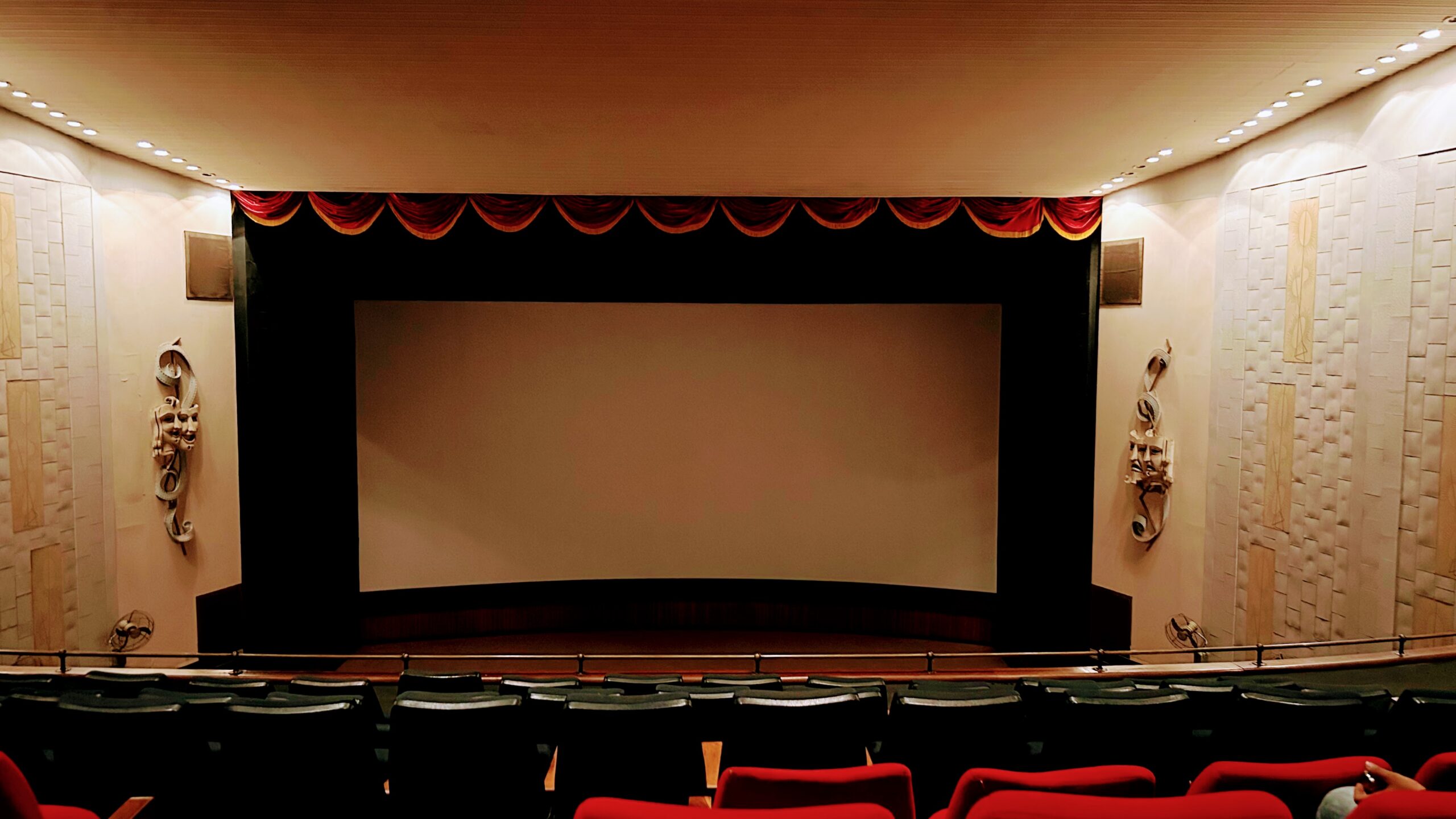If R.K.Narayan was writing his novel now, this is what Swami and friends would go through in 2015.
I was walking to Max Muller (Mumbai) in the mid of 2014, expecting to be surprised and inspired by Indian folks who made it to the 64th Berlin International Film Festival as well as those who grabbed quite a few awards. I didn’t know any of these nominated four films or the Directors/Producers the name of their films or anything at all. All I knew was that they made it to the Berlin International Film Festival.
It goes without saying that I was desperately waiting for these films to sprinkle their magic on Indian screens, and so they did. At Mumbai International Film Festival I got the opportunity to watch Killa and that of course had to be fun!
Since it’s been six months now, forgive me if I go wrong with any of the details but I will tell you what I remember I felt. The moment the film started I could smell something, it felt like I was wet and I could smell wet mud around me (even before it was raining on screen). I was in the frame with the characters, grief was taking over me with some nostalgia. Chinmay (Archit Deodhar) is a kid we know everything about even before he speaks, we know he has to make friends to lighten his heart, to distract him from the recent loss of his father. We know he is too tired to do that, too tired to go about adjusting to a new place and people all over again. So he goes on keeping to himself, slightly apprehensive, but in fact he is forced into all kinds of situations – be it reluctantly visiting relatives or his confronting friends at his new school. At the end who else could he be drawn to at the merry age of 11? His new friends of course and they even begin to appear bearable now, well… now they are even better than anything else.
So the hopes are high, and man do they fall. When his friends leave him alone in the Killa, he is all alone now, just like the Killa itself. The cycle has to begin all over again. By now his friends become the revolving story for our sweet boy and we see his mother on a parallel track, who is ditched by petty office politics. That’s 21st century, layers of story and emotions are much more complex than earlier times, it’s not just Chinnu who is struggling but his mother too.
There are a ton of heart-full sequences and parts we will fall in love with. I have one of my favorite in them- it’s of Chinnu and this man on the beach, lying drunk (if I remember clearly). Chinmay has a bad impression of this man and is evidently scared of him but I strongly felt that this man’s role was pivotal and by the second meet where he finds him sober and actually pleasing, ends up teaching Chinnu a thing or two about people and adjustment.
There is a constant feeling of nostalgia and I felt compelled to compare this with old times, not because I belong to any of those periods or have been brought up in such surroundings, it’s because it makes me sure that if R.K.Narayan was writing his novel now, this is what Swami and friends would go through in 2015.
(This writer is a first time writer, calm down if you feel like stabbing him, and sorry if he hurts any sentiments)

Why The Black Bored? Why Art?
Now more than ever we need Art. Technologically these are the most craziest and dizzying times. The threat of all of us moving away from each other is real.
I haven’t seen Killa yet. Showed its trailer to my European friends. They found it simple and nothing much innovative in it. This made me think are present day filmmakers sticking to the concept of realism and nature in films? Most of the filmmakers take help of lush green sceneries but most of them fail on storyline. Is the story of Killa that good? Just asking, and of course, not criticising. Yet. 🙂
It’s true, film makers do take advantage of lush green scenery, but it’s also true that the film maker Avinash did not plan on the beautiful wet green, the rain was an obstruction during the shoot around which the film maker worked and used it to his advantage and made it aesthetically beautiful. While your question about the story line is valid and the answer to that is to watch it because it is really worth it.
I can’t comment on the views of the fellow Europeans but what is it that they mean by innovation? The story takes precedence here, and the film very well knows that very few geographically will relate to it.
By the term ‘innovation’, they (and I, as well) mean that what new can we see in it? I have seen a similar Marathi movie, based on a boy having surname as Godse, who was bullied by his school-mates as under the impression of killing Gandhi. It had the same ambience, a similar flavour, but definitely different story. By the term ‘innovation’, it mean is there any new camera technique involved in it? Any unconventional cinematic approach, or any particular point which breaks the usual filmmaking rule and yet surprises us? I haven’t seen the film yet, but please do answer me any of the above questions. Again, at the end, I personally am very critical on most of the film works (including myself, one main reason for my dissatisfaction), and believe that even the best of films can do more better than that.